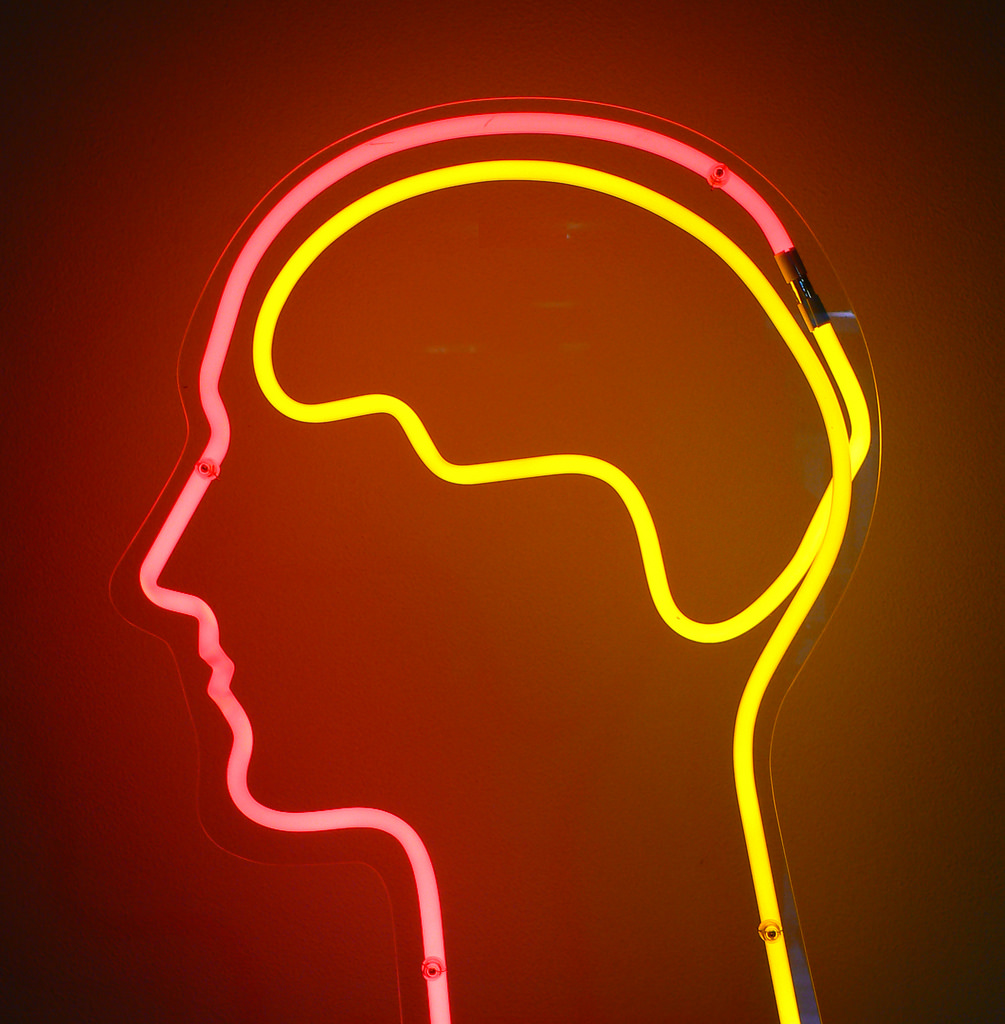If I Could Use Gene Therapy to Cure My Manic-Depression, I Don’t Know Whether I Would
By Tana Wojczuk,
Slate
| 09. 21. 2021
In the final chapter of her 1995 memoir of manic-depression, An Unquiet Mind, Kay Redfield Jamison posed a question that has stayed on my mind ever since: “I have often asked myself whether, given the choice, I would choose to have manic-depressive illness.” The question haunts me because I can’t answer it, either.
When Jamison first posed her question (if there were a cure for my mental illness, would I take it?), it seemed like pure speculation. But the question is no longer so hypothetical.
In June, the journal Nature Reviews Neurology published the results of a wide-ranging study of the genetic roots of manic depression. The study included 40,000 cases and identified a startling 64 genes associated with the disease. (In a clinical setting, the disease is usually referred to as “bipolar disorder,” though I’ve always preferred the more descriptive “manic-depression.”) Studies like this one are part of a burgeoning discipline known as molecular psychiatry, a field that studies the “biological mechanisms underlying psychiatric disorders.” Molecular biologists are also making progress in studies of major (unipolar)...
Related Articles
By Diaa Hadid and Shweta Desai, NPR | 01.29.2026
MUMBRA, India — The afternoon sun shines on the woman in a commuter-town café, highlighting her almond-shaped eyes and pale skin, a look often sought after by couples who need an egg to have a baby.
"I have good eggs,"...
By George Janes, BioNews | 01.12.2026
A heart attack patient has become the first person to be treated in a clinical trial of an experimental gene therapy, which aims to strengthen blood vessels after coronary bypass surgery.
Coronary artery bypass surgery is performed to treat...
By Staff, ScienceDaily | 01.05.2026
Scientists at UNSW Sydney have developed a new form of CRISPR technology that could make gene therapy safer while also resolving a decades-long debate about how genes are switched off. The research shows that small chemical markers attached to DNA
...
Following a long-standing CGS tradition, we present a selection of our favorite Biopolitical Times posts of the past year.
In 2025, we published up to four posts every month, written by 12 authors (staff, consultants and allies), some in collaboration and one simply credited to CGS.
These titles are presented in chronological order, except for three In Memoriam notices, which follow. Many more posts that are worth your time can be found in the archive. Scroll down and “VIEW...




